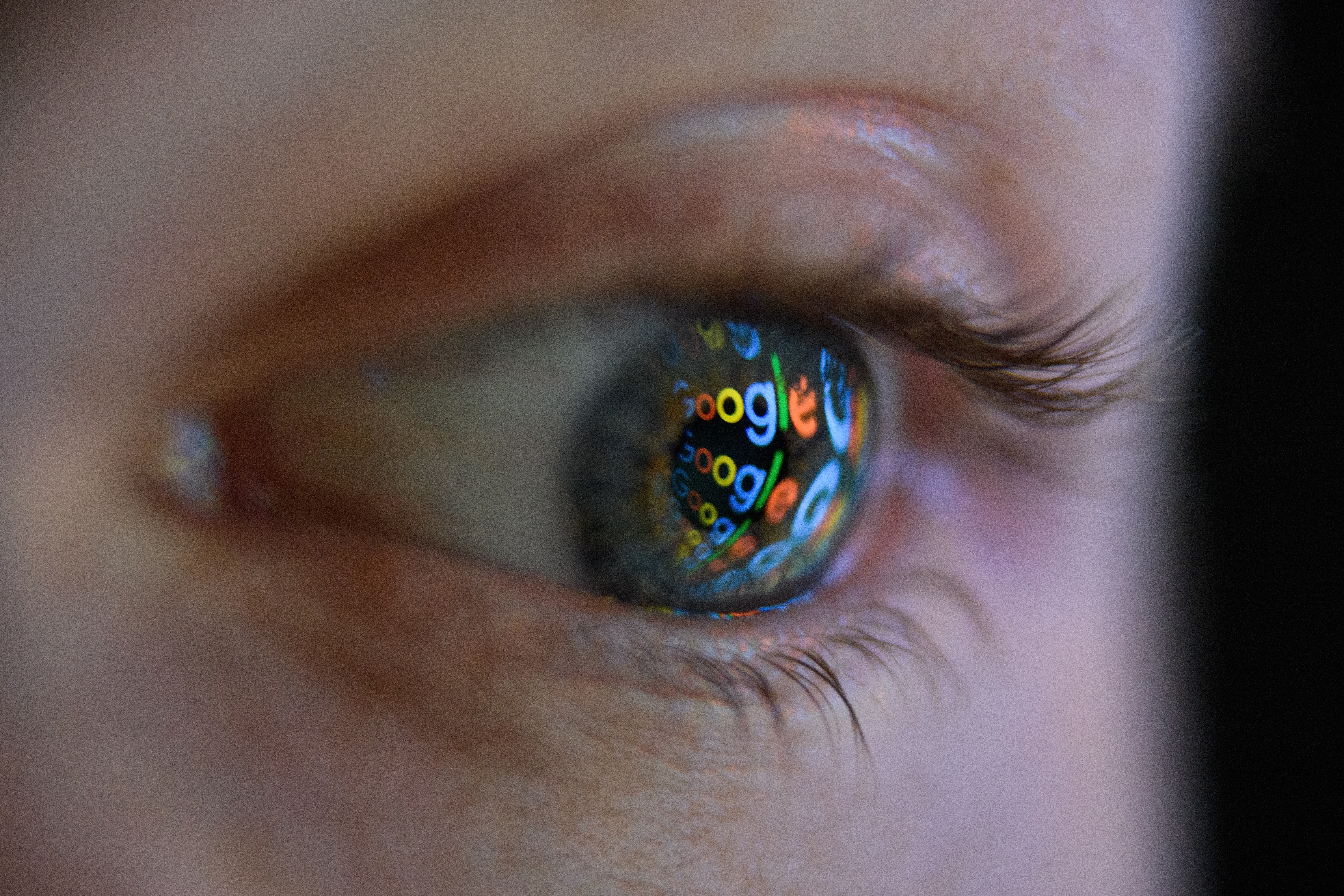Google has developed an AI that can predict heart disease by staring into your eyes


A free daily email with the biggest news stories of the day – and the best features from TheWeek.com
You are now subscribed
Your newsletter sign-up was successful
Our eyeballs apparently contain information that could revolutionize cardiovascular medicine.
Artificial intelligence software developed by Google in conjunction with its biotech subsidiary company Verily can scan retinal images to predict heart disease at nearly the same accuracy rate as a traditional blood test, United Press International reports. The findings, published Monday in the journal Nature Biomedical Engineering, explain that Google's AI makes its predictions by examining images of the back of a patient's eye in order to develop a profile of the patient, including several characteristics that could determine cardiovascular risk.
From the retinal images, Google's AI can determine within impressive degrees of accuracy a patient's age, gender, blood pressure, and smoking status, as well as even the past occurrence of major cardiovascular events, The Verge explains. The program taught itself how to analyze eyeballs after using machine learning techniques to pore over more than 284,000 retinal images; while studying, the AI used what UPI describes as a visual "heatmap" to learn which parts of the eye's anatomy contained certain predictive factors. The AI eventually learned, for example, that to analyze a patient's blood pressure, it was prudent to examine the blood vessels in the eye.
The Week
Escape your echo chamber. Get the facts behind the news, plus analysis from multiple perspectives.

Sign up for The Week's Free Newsletters
From our morning news briefing to a weekly Good News Newsletter, get the best of The Week delivered directly to your inbox.
From our morning news briefing to a weekly Good News Newsletter, get the best of The Week delivered directly to your inbox.
To test its capabilities, researchers sicced the AI on two patient pools, totaling more than 13,000 patients. The AI made correct predictions on the future risk of heart disease in 70 percent of cases — nearly the same accuracy rate as the blood-test method doctors traditionally use, which has a 72 percent accuracy rate.
Harlan M. Krumholz, the director of Yale's Center for Outcomes Research and Evaluation, predicted that the findings of Google's AI show that machine learning and artificial intelligence will "more precisely hone our understanding of disease and individuals," helping physicians "understand these processes and diagnoses in ways that we haven't been able to before." Read the full study here.
A free daily email with the biggest news stories of the day – and the best features from TheWeek.com
Kelly O'Meara Morales is a staff writer at The Week. He graduated from Sarah Lawrence College and studied Middle Eastern history and nonfiction writing amongst other esoteric subjects. When not compulsively checking Twitter, he writes and records music, subsists on tacos, and watches basketball.
-
 Buddhist monks’ US walk for peace
Buddhist monks’ US walk for peaceUnder the Radar Crowds have turned out on the roads from California to Washington and ‘millions are finding hope in their journey’
-
 American universities are losing ground to their foreign counterparts
American universities are losing ground to their foreign counterpartsThe Explainer While Harvard is still near the top, other colleges have slipped
-
 How to navigate dating apps to find ‘the one’
How to navigate dating apps to find ‘the one’The Week Recommends Put an end to endless swiping and make real romantic connections
-
 TikTok secures deal to remain in US
TikTok secures deal to remain in USSpeed Read ByteDance will form a US version of the popular video-sharing platform
-
 Unemployment rate ticks up amid fall job losses
Unemployment rate ticks up amid fall job lossesSpeed Read Data released by the Commerce Department indicates ‘one of the weakest American labor markets in years’
-
 US mints final penny after 232-year run
US mints final penny after 232-year runSpeed Read Production of the one-cent coin has ended
-
 Warner Bros. explores sale amid Paramount bids
Warner Bros. explores sale amid Paramount bidsSpeed Read The media giant, home to HBO and DC Studios, has received interest from multiple buying parties
-
 Gold tops $4K per ounce, signaling financial unease
Gold tops $4K per ounce, signaling financial uneaseSpeed Read Investors are worried about President Donald Trump’s trade war
-
 Electronic Arts to go private in record $55B deal
Electronic Arts to go private in record $55B dealspeed read The video game giant is behind ‘The Sims’ and ‘Madden NFL’
-
 New York court tosses Trump's $500M fraud fine
New York court tosses Trump's $500M fraud fineSpeed Read A divided appeals court threw out a hefty penalty against President Trump for fraudulently inflating his wealth
-
 Trump said to seek government stake in Intel
Trump said to seek government stake in IntelSpeed Read The president and Intel CEO Lip-Bu Tan reportedly discussed the proposal at a recent meeting
